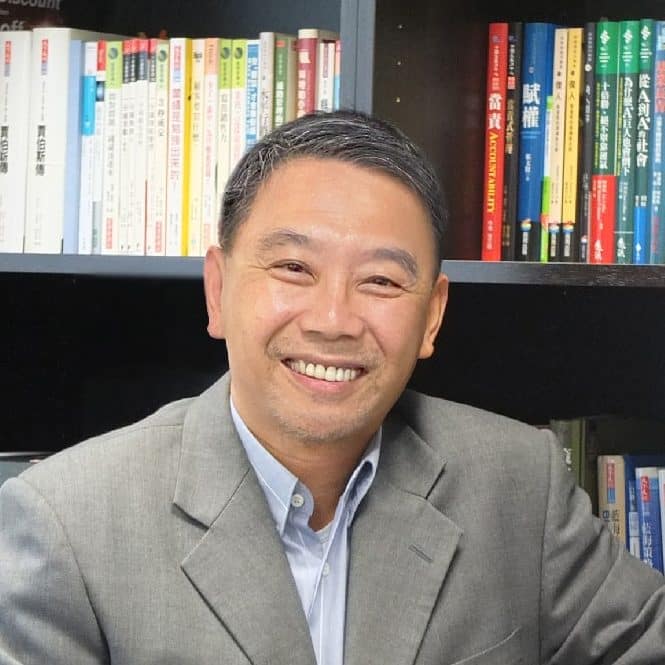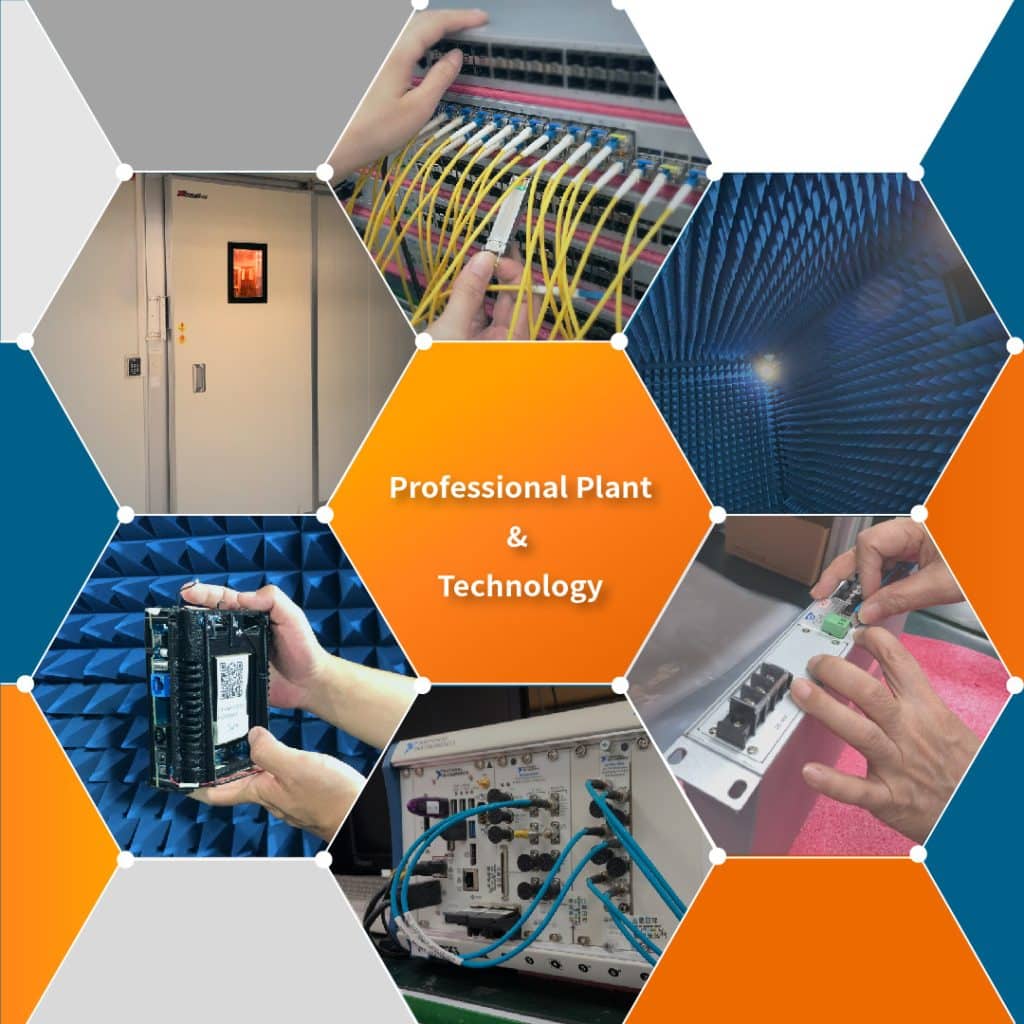The founder and president of CTS: “We make sure to stand in our partner’s shoes”
Antony Chen is the founder and president of CTS. He holds a MBA exam and one day he was longing for more creativity in work – that is how the idea of CTS was born.
Today, CTS is the number one provider of fibre optics in the UK” med ”provides fibre optical equipment all over the world. CTS’s products are known for its reliability and Antony explains how they differentiate from other competitors:
When most companies calculate the Mean Time Between Failure using an equation, we do a physical tests to determine the MTBF. We do ageing test, burn-in, and cycling test to make sure we are performing our best.

The first product back in the days was made from testing, testing and testing. All these attempts led to what CTS later became:
I encountered many cases where companies used one media converter for 10 megabit per second, and another converter for 100 megabit per second. I saw the possibility of combining these products. This was the first product of this type in the world, the CVT-100, Antony explains.
After this, CTS just continued to grow as a global company. The niche is, ever since back then, to create products in the fibre market.

The advantages of inhouse production
The R&D team plays an important role in developing products:
Having inhouse hardware and software engineers is beneficial for the system integration. That is why CTS has 25% of their staff belonging to the R&D team, Antony claims.
The R&D Team does the DVT (Design Validation Test) in each version of PCBA and involves all stakeholders during the design process, before transferring to the manufacturing team. If there is any issue in the pilot run, CTS can quickly identify issues and ensure stability together as a team.
In the time of global chipset shortage, CTS’s R&D team also redesigned key products with different chipset in order to maintain service for customers. 90% of the customers approved alternatives in six months, which proves CTS design capability on both hardware and software.
Quality and relations
Where CTS products are made, is important for the company and as a brand. Therefore “Designed or Made in Taiwan” is the key strength and advantage, not about the manufacturing labour force. CTS pursue to design future-proof solutions, select quality components, and predict the need for the future. Everything is made inhouse.
Japan was the fundamental building block of CTS total quality management back in the days – as well as the differentiation strategy. Since Japanese are known for their preciseness, CTS were asked to provide many details on what they did and how they did it. Many features are common now, but it took some time to interact with customers at the beginning stage.
Localization is another important part of the business. That is why CTS have sales offices in Sweden, Austria, Japan and India – to always be near their customers. Having local team members usually help CTS to get a deeper understanding of the user scenario and reduce the language barrier. As well as providing fast sales and technical support. CTS has local offices and team members to provide fast customer services and respond to their technical questions. They also host user forums and workshops regularly to collect their demand on the next generation or new solution plan.
Our in-house R&D team in Taiwan can quickly come up with innovative solutions to meet customer requirements. We put much effort into the design and manufacturing quality assurance. And we have our own production line. All of the CTS products are being tested with network traffic for 6 hours in 50 degrees Celsius before delivery, since temperature is the most critical factor in component failure, Antony considers.
CTS also emphasizes that knowledge comes from experience and years in the field. It has been more than two decades working with top telecoms, network operators and service providers.
CTS’s customers describe them as quality, customer and integrity-oriented. Their products have been deployed for a long time and they have been working with their partners for over a decade. One reason for this is perhaps the ongoing discussion with their customers about the needs, CTS always talks to their customers to figure out what design and features they really want for now. It’s a part of their business model.
When customers want to upgrade or renew the installation equipment, they ask us to redesign the products. We propose the solution to meet their request and also be compatible with the old models. We make sure to stand in our partner’s shoes to develop the solution they need. Always, Antony emphasizes
To look forward, how about the future?
Antony explains that since the day he started the company, he has been experiencing “the best laid plans.” Not everything will turn out as well as the team expects, especially with the uncertainty that we have no control of.
I always have faith in my team, and we shall catch the opportunity and be optimistic on the challenges ahead, Antony says.
The future at CTS will mostly consist of building solutions to smart city infrastructures. Utility companies have been approaching CTS on the solution for surveillance, buildings and transportation systems. They do not require large volume for customized features and CTS always discuss with partners from the TCO (total cost of ownership) point of view. This means to take both direct and indirect cost into consideration for the products and services. Antony believes that his team will continue to fulfil customer demands with differentiated and sustainable solutions.
CTS business focused on fibre connectivity at the beginning and has broadened to Fibre To The Home, Curb and Premisis. The main partners now are telecoms, network operators and service providers. CTS fibre switches and converters have been installed in global networks. And they expanded the product line to industrial grade and PoE at the request of our customers a few years ago.
During the pandemic, CTS found out that their partners were looking for ways to grow their business. Wi-Fi has become a primary necessity in life just like water and electricity, but users often encounter various challenges like poor connections or signal loss. To include Wi-Fi as part of their services, we came up with features to help them remote troubleshooting easier and faster. Together with our team, we plan to launch wireless solutions this year starting from the Nordics. This, and a lot of more, will happen in the near future.

 Japan (Jp)
Japan (Jp)